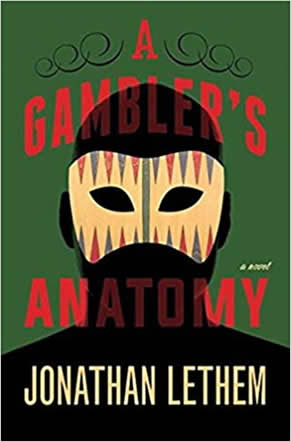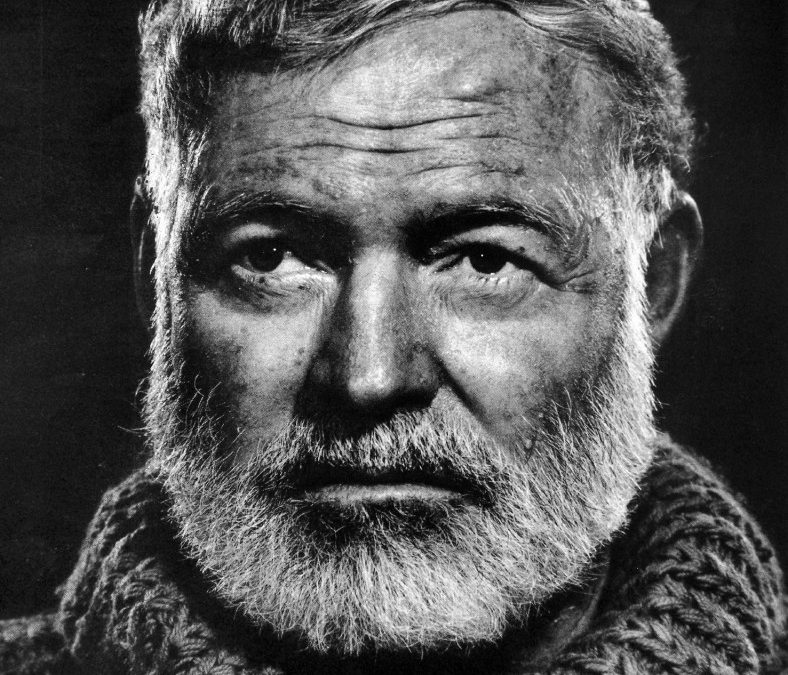Autobiographical fiction, which is what I am writing at this time, is neither purely autobiographical nor is it purely fiction.
As the story emerges it creates its own demands—dramatic, narrative, poetic—and those demands take more of a lead than anything I may have thought in advance. That’s what I love about writing—the discovery. All my stories to date are based on the phrase, Inspired by Real Life Events.
And that’s true. They all happened in real life.
But those events, as they occurred, did not have the need for clarity, unity, coherent characters, and a narrative line holding them together. They just happened. Now I am shaping them to bring a reader along. It’s this last point—bringing the reader along—that turns what happens in life into a genuine “story”, a consciously directed telling with the intent to capture, hold, and move the reader.
Very often real life doesn’t do that. It can’t. Real life is not a work. Much too much goes on, is implied, is layered to accurately and precisely write it down. The amount of detail alone, in any one moment, would be both overwhelming let alone boring. So choices have to be made. And it’s in that process of consciously choosing that the “story” comes to life. Because choices are being made to serve the story the result is neither purely autobiographical—details are added that hadn’t actually occurred—nor is it purely fictional for the same reason.




